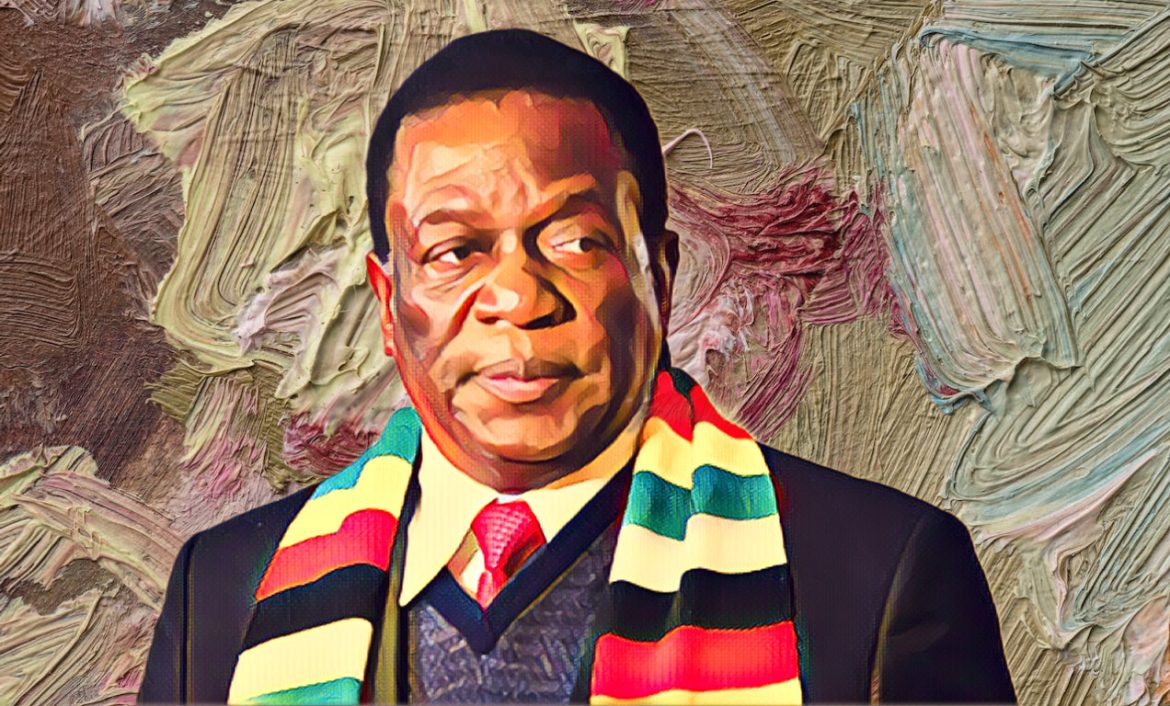Key Points
- Emmerson Mnangagwa’s Vision 2030 aims to rebuild Zimbabwe’s economy.
- Nelson Chamisa empowers youth with a vision for modernization.
- Kirsty Coventry promotes youth development through sports and the arts.
Historically and culturally, strongly powered, Zimbabwe continues discussing its political context as people coming in to resolve problems and shape the future of the country. These five influential politicians – the seasoned officials and young stars have initiated their permanent remodelling of Zimbabwe’s government, economy, and society on the wings of a daring new constitution.
1. Emmer Mnangagwa – The president guiding economic change
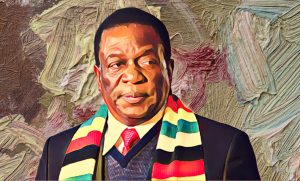
The man who has been in the presidential office of Zimbabwe since 2017, Emmerson Mnangagwa, is absolutely relevant in shaping Zimbabwe’s future. As part of Vision 2030 project, Emmerson Mnangagwa, nicknamed “The Crocodile” has focused on economic reforms and attempting to transform the country into an upper-middle income economy.
He has stabilized his government by doing the following: By introducing the Zimbabwean dollar, dealing with shortage of currency and starting infrastructure projects aimed at attracting international investment. WTO opponents, however, argue that equal changes are risky and existences corruption hampers development. Nonetheless, Mnangagwa’s policies do not leave Zimbabwe unaffected despite the existing challenges here and there.
2. Nelson Chamisa – The voice of opposition and young leadership
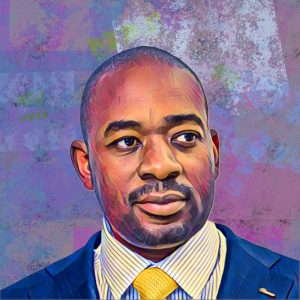
Meet Nelson Chamisa, the head and leader of the Zimbabwe opposition party, the Citizens Coalition for Change (CC). Popular for being eloquent, Polad Chamisa stands for political and economical liberalization, human rights and governmental transparency.
Chamisa is a force because of his ability to mobilise large crowds and paint a picture of Zimbabwe different from that portrayed by the ruling party. The emergent generations willing to have change will be in endorsement with Chamisa’s call for innovation, human resource employment, and the advancement the climate as the socity grapple with sociopolitical instabilities and poor socio economic disparities.
3. Constantino Chiwenga: Turned vice president from military leader
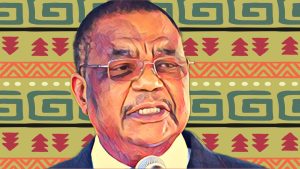
Vice President of Zimbabwe is Constantino Chiwenga ex military general who played vital role in the coup of 2017 which removed Robert Mugabe from power . Because he has two roles in politics and the military, he has a lot of power over the national government.
More so during the COVID-19 epidemic, the work done by chiwenga has been quite useful in addressing issues to do with public health. However, his rule has not been without black marks; the screaming headlines have been of human rights abuses. As a result, as the country’s politics indicate, Chiwenga still wields enormous power as the guarantor of the fate of the ruling party, that is, ZANU-PF.
4. Tendai Biti – The reformist and economic visionary
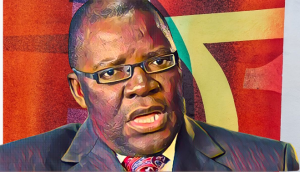
Tendai Biti is well respected in the field of economic management and has been citied as a finance minister and member of the CCC He achieved a great deal in balancing the national budget, placing the fledging economy on a path towards recovery from hyper inflationary trends while in the Government of National Unity 2009-2013.
Biti is this still now demanding institutional responsibility, openness and more economic reforms. He is an influential figure in shaping the Zimbabwean economic destiny since he is capable of solving tricky economic issues which other governments consider half chances.
5. Kirsty Coventry – Advocacy for social development and youth
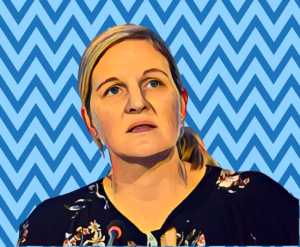
Former swimmer and now politician turned swimmer, Kirsty Coventry, is Zimbabwe’s minister of youth, sports, culture and recreation. She is unique with regard to; young empowerment and use of athletics for change.
Grassroots sports activities, support to infrastructure and growth, and efforts that have been made by Coventry to encourage youths in Zimbabwe for constructive engagement in nation construction have been supported. Her fame and interest in assisting the youth in defining them as making her a very influential political leader in Zimbabwe.
Conclusion
These five politicians represent the several factors that are affecting the course of Zimbabwe. In political campaigns, economic changes, and even societal development, each leader has unique strengths and weaknesses expertly and ineffectively.
Like during all previous years, the meeting of mature leaders with young voices reaffirms an active political process with opportunities for further growth and constant problems. In their leadership, Zimbabweans look forward to a day when the country will be developed, united and rich.


